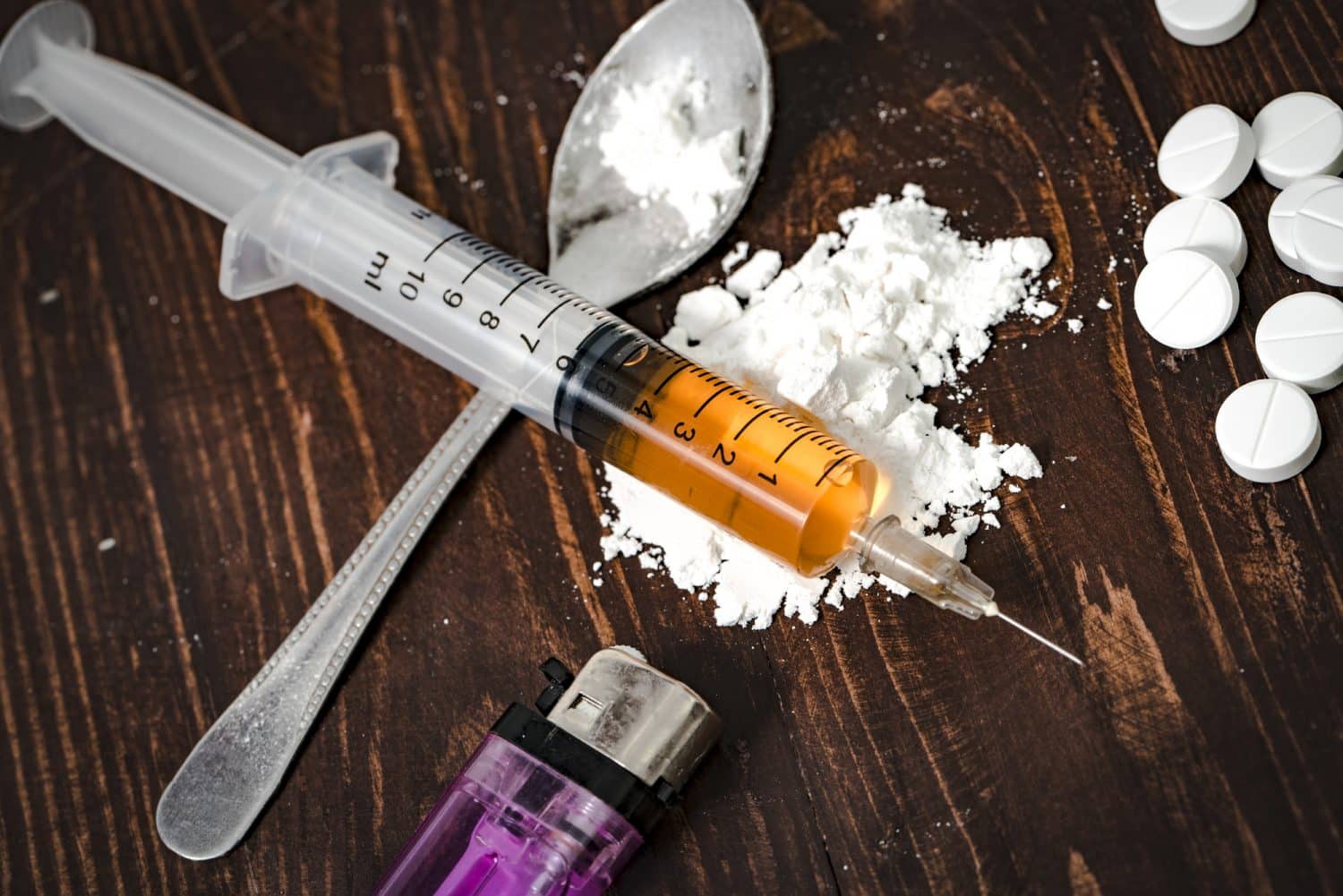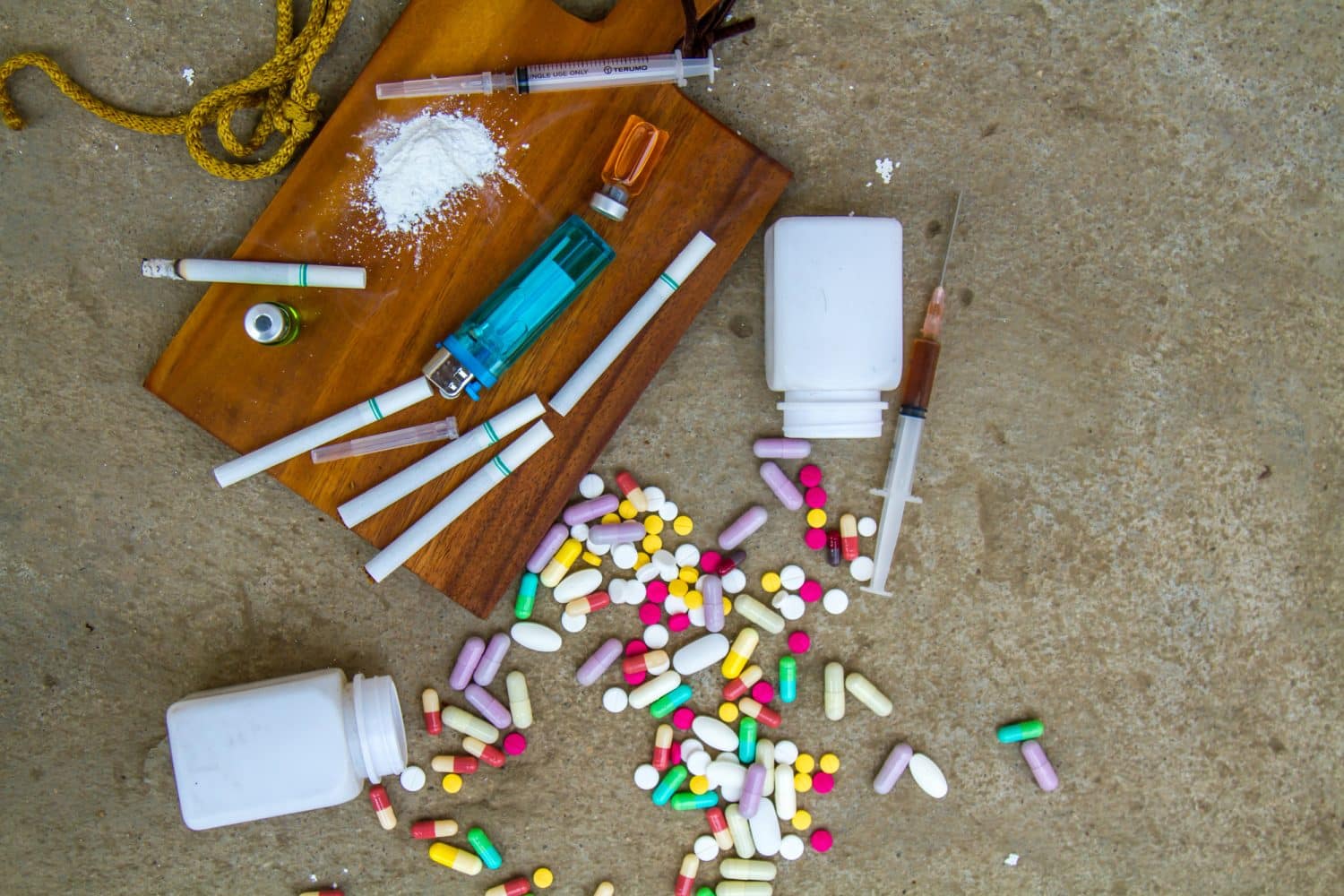
Heroin addiction destroys lives. If you have been suffering from this kind of addiction and want to get treatment, then you have taken a brave step toward making your life better. Rest assured that you are not alone.
In 2014, the Substance Abuse and Mental Health Services Administration found that as much 22.5 million people sought help for a drug abuse problem.
If you are facing heroin addiction there is help available to you. However, you might be a bit concerned about what to expect. Here is a comprehensive guide to the heroin addiction treatment process and how it works.
1. Screening For Heroin Addiction Treatment
When you enter a rehab facility one of the first things you should expect is to be screened. This is because those who are treating you will want to know the levels of the drug in your system.
Screening is done so that your overall physical state can be evaluated. The screening will focus on your mental health.
Heroine withdrawal will affect you physically and mentally and those who will guide you need to know that you are ready for it.
2. Medical Withdrawal
Due to the severe symptoms that can be associated with heroin withdrawal it usually involves the use of medication. This helps to make the process a little bit easier. During medical withdrawal, you will be under strict supervision and medication will be provided as needed.
When you are going through heroin withdrawal there is a chance that you may become dehydrated. There is also the possibility that you will vomit. Psychological withdrawal symptoms often include anxiety and depression.
It may all sound very brutal but once you are under medical supervision you will get through it.
There are certain medications that are used in the withdrawal process. They help to prevent a cold turkey withdrawal which can be dangerous. Here is a quick rundown of the drugs used and their main purposes.
Methadone
This drug acts slowly and is a low strength opiate that is useful for tapering off the dependence on heroin.
Buprenorphine
This is among the most commonly used drugs for heroin withdrawal. It helps to ward off physical symptoms such as muscle aches. It is also useful for reducing vomiting during withdrawal.
Naltrexone
This drug is useful for reducing the craving for heroin. It does this by blocking receptors in the brain which react to heroin. When the receptors are blocked the brain is tricked into believing that it no longer needs heroin.
As you can see there are drugs with specific focuses involved in getting you heroine free. This is because the main goal of any rehabilitation program is to reduce your cravings as gradually as possible. This will ensure that you survive the withdrawal process.
3. Psychotherapy and Educational Sessions
One of the most important steps to recovery is getting therapy because heroin has such a far-reaching effect on your overall mental health.
You can expect to go through several rounds of individual therapy. In addition to individual therapy, you will also be exposed to group therapy as part of the process. Group therapy helps you to garner support from those who are going through the same experience as you.
The heroin withdrawal process also involves education sessions. These education sessions are thorough and brutally honest as they present you with the science behind your addiction.
It is hard to completely break free from something you do not understand. The more you understand about how the drug is able to captivate and hold you, the more likely it is that you will avoid the triggers in the future.
Your family members may be invited to the education sessions. This is because heroin abuse does not just have a negative impact on the life of the addict.
It also has a far-reaching psychological impact on the family members of the addict as well.
A number of support services will be introduced to you. You can use these once you have completed the initial withdrawal program.
These services will continue to offer you and your family support to prevent a relapse into the heroin-addicted lifestyle.
4. The Emotional Toll
If at any time during the rehabilitation process you feel as if you want to quit, then know that this is completely normal. The key is to feel that way and still muster the strength to continue.
Not finishing the entire rehabilitation process can be detrimental to your long-term success. When you go back to your life you need to have the mental stamina it takes to live a heroin-free life.
Hallmarks of this life will be:
- Seeking support from qualified professionals.
- Relying on friends and family to get you through the difficult times.
- Removing the friendships and relationships in your life that may cause a relapse.
The final point listed here is often one of the most important steps you can make. If you have friends who you use to do heroin with, you will need to break off these relationships. If you have a drug dealer then that relationship will also need to be severed.
Heroin recovery is not just about avoiding the drug. It involves an entire lifestyle shift, some of which can be painful. As humans, we form attachments to people even when the relationship is destructive.
It can be hard to sever these destructive ties. Part of the rehabilitation process involves teaching you how to rebuild your life with positive influences around you.
Final Thoughts
Surviving a heroin addiction is one of the hardest things you will ever have to do but it is among the most fulfilling. Knowing what is going to happen throughout the entire process can be scary.
However, you can rest assured that many have gotten through heroin addiction treatment successfully and have gone on to live productive lives.
If you would like to know more about the addiction treatment process, please visit our blog. We have a lot of helpful information about addiction treatment there.
You should also feel free to contact us if you have any questions.





